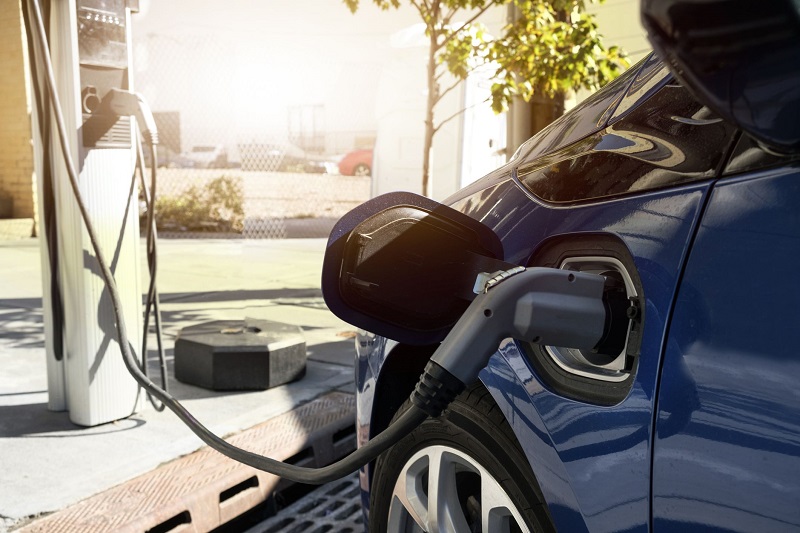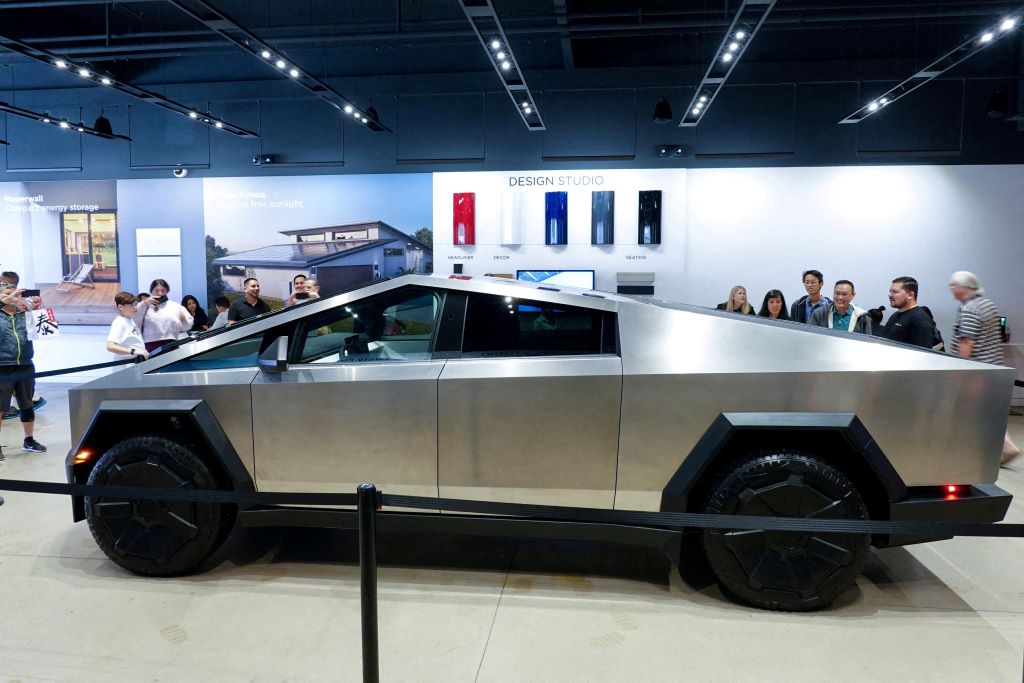Electric cars have become a buzzword in the automotive industry, promising a cleaner and greener future. As the world transitions towards sustainable transportation, one burning question echoes: how much does it cost to charge an electric car? Let’s embark on a journey to unravel the economic aspects of electric vehicle charging.
Understanding the Basics
Electric vehicle charging costs vary based on multiple factors, and comprehending the fundamentals is crucial. Imagine your electric car as a smartphone; it needs charging, but the expenses are not as straightforward as plugging in a cable.
Powering Up: Breaking Down the Costs
Charging an electric car primarily involves two components: the cost of electricity and any additional service fees. Unlike traditional gas stations, electric vehicle charging stations might have subscription fees or network-specific charges.
LSI Keyword: Navigating the Charging Landscape
Navigating the charging landscape requires understanding the various charging options available. From Level 1 home charging to fast-charging stations, each option influences the cost differently.
The Home Advantage
Charging your electric vehicle at home provides the ultimate convenience. Imagine having a “gas station” in your garage – that’s the beauty of home charging.
The Residential Retreat: Home Charging Stations
Investing in a home charging station comes with initial costs but pays off in the long run. It’s like having a personal fueling station at your fingertips.
Charging Networks: The Cost Puzzle
Public charging networks contribute to the electric vehicle ecosystem, but how do they affect the cost equation?
Unraveling the Network Mystery: Public Charging Costs
Public charging stations may have varying pricing structures, and understanding these intricacies is essential for cost-effective charging.
Practical Considerations
Apart from the technicalities, practical considerations play a pivotal role in determining charging costs. Think of it as planning a road trip – every detail matters.
Time Is Money: Charging Speed and Efficiency
The time it takes to charge your electric car affects more than just your schedule. Fast-charging options may cost more but offer a quicker turnaround.
Seasonal Surprises: Weather and Charging Efficiency
Believe it or not, weather conditions can impact charging efficiency. From extreme cold to scorching heat, understanding these nuances helps you anticipate costs.
Balancing Act: Economic and Environmental Benefits
Electric cars aren’t just about saving money – they contribute to a cleaner environment. Let’s delve into the balance between economic savings and ecological benefits.
Green Savings: Environmental Impact of Electric Cars
While charging costs are a concern, the environmental benefits of electric cars cannot be overlooked. A cleaner planet is an investment in the future.
FAQs – Your Burning Questions Answered
How does home charging compare to public charging in terms of cost?
Home charging is generally more cost-effective in the long run. Public charging may incur additional fees, making it slightly more expensive.
Do electric cars have different charging costs based on the model?
Yes, the charging costs can vary based on the electric car model. High-performance models may require more energy, impacting the overall cost.
Can I install a home charging station myself, or should I hire a professional?
While some might opt for a DIY approach, hiring a professional ensures safety and compliance with local regulations.
Are there government incentives or tax credits for electric vehicle charging stations?
Yes, several regions offer incentives or tax credits to encourage the installation of home charging stations, reducing overall costs.
Do charging costs fluctuate during peak hours?
In some cases, yes. Public charging stations may have variable pricing based on peak hours or increased demand.
Conclusion: Powering Ahead with Electric Confidence
In conclusion, understanding how much it costs to charge an electric car involves navigating a landscape of variables. From home charging convenience to the intricacies of public charging networks, electric mobility presents a myriad of options.
Embrace the future of transportation, not just as a cost-saving endeavor, but as a commitment to a sustainable tomorrow. Your electric vehicle isn’t just a mode of transport; it’s a statement towards a greener, cleaner world.






